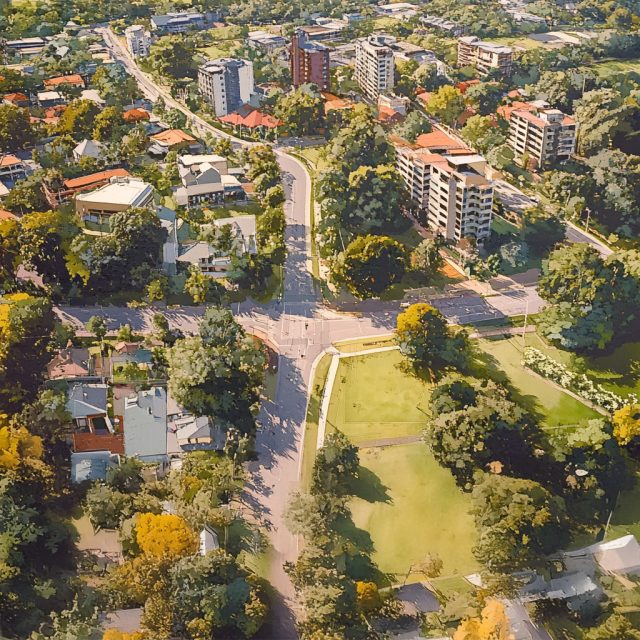As Western Sydney prepares for unprecedented industrial growth around the new airport precinct, the demand for high-performance industrial insulation solutions is set to surge. The planned advanced manufacturing, agribusiness, and logistics facilities all require specialised temperature control and energy efficiency solutions. With development of the region accelerating, businesses are focusing on infrastructure that can support 24/7 operations while maintaining strict environmental and efficiency standards.
Advanced Manufacturing Demands
The Advanced Manufacturing Research Facility (AMRF) in Bradfield City Centre will house precision manufacturing operations that require strict temperature control. These environments demand insulation solutions that can handle extreme temperature variations while maintaining energy efficiency. Rockwool insulation, with its ability to perform in temperatures ranging from -183°C to +750°C, offers the versatility needed for these advanced facilities.
The aerospace and defence industries, in particular, require specialised environments for testing and manufacturing. These facilities need insulation solutions that not only manage temperature but also provide acoustic control for sensitive equipment and testing areas. Modern industrial insulation materials offer both thermal and acoustic properties, making them ideal for these high-tech manufacturing spaces.
Food Processing and Agribusiness Innovation
The planned Agribusiness Precinct’s food processing facilities will require particular attention to temperature control and hygiene standards. Industrial insulation plays a crucial role in maintaining consistent temperatures for food safety while optimising energy usage. The moisture-resistant properties of modern insulation materials make them particularly suitable for food processing environments where temperature stability is paramount.
With the precinct’s focus on sustainable aviation fuel production from agricultural products like canola oil, processing facilities will need to maintain specific temperatures throughout various stages of production. The right insulation solutions can help these facilities operate efficiently while meeting strict industry standards for both food processing and biofuel production.
Logistics and Cold Chain Excellence
With the airport operating 24/7, the new freight and logistics hubs will need robust insulation solutions for cold storage and temperature-controlled supply chains. Modern industrial insulation materials offer the thermal efficiency required to maintain precise temperatures while minimising energy costs – a critical factor for continuous operations.
The digitally enabled freight and logistics facilities planned for the region will handle everything from fresh produce to pharmaceutical products. Each of these product categories has specific temperature requirements that must be maintained consistently. High-performance insulation systems are essential for these facilities to maintain their cold chain integrity while managing operating costs effectively.
Energy Efficiency and Sustainability Focus
For facilities planning to operate around the clock, energy efficiency is not just an environmental consideration but a significant operational cost factor. High-performance industrial insulation can play a major role in reducing energy consumption and operating costs while helping facilities meet sustainability targets.
The region’s commitment to sustainability extends beyond individual facilities to the broader goal of creating an eco-friendly industrial hub. Modern insulation solutions contribute to this goal by:
- Reducing overall energy consumption
- Minimising heat loss in processing facilities
- Supporting temperature-sensitive operations
- Contributing to building sustainability ratings
- Reducing carbon emissions through improved energy efficiency
Research and Innovation Integration
The establishment of research institutions within the Aerotropolis creates opportunities for advancing industrial efficiency. The collaboration between universities and industry partners in the region will likely drive innovation in temperature control and energy management solutions. This research environment could lead to new applications and improvements in industrial insulation technology, particularly for the specific needs of advanced manufacturing and aerospace industries.
Future-Proofing Industrial Infrastructure
As Western Sydney’s industrial landscape evolves, the choice of infrastructure components becomes crucial for long-term success. Industrial insulation solutions need to meet current requirements while being adaptable to future needs. The versatility of modern insulation materials means they can be specified for current applications while maintaining the flexibility to adapt to changing industrial requirements.




